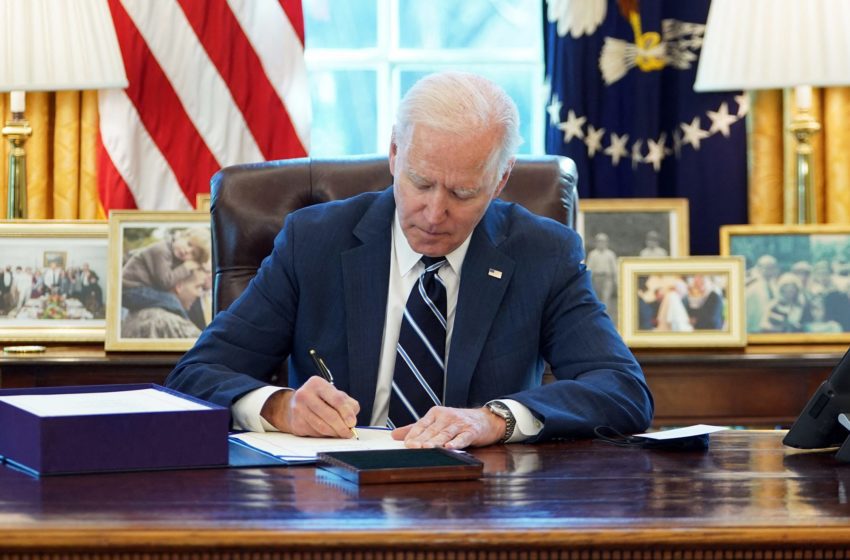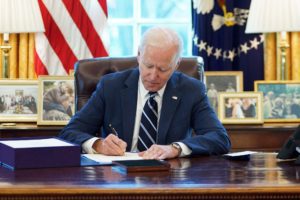
The Smoke-Free Alternatives Trade Association continues to help business owners navigate regulation.
By Timothy S. Donahue
In 2012, the Smoke-Free Alternatives Trade Association (SFATA), a trade association representing small and large vaping businesses, began when the industry was still in its infancy. The trade group has been a staple in the tobacco harm reduction circle for more than a decade fighting for balanced regulations in the United States. It hasn’t been easy. The U.S. Food and Drug Administration has nearly decimated the numerous small business owners who once made up most of the vaping industry.
While the industry has had to evolve, so have the trade industry groups that support it. The SFATA began as an advocacy group for states in its early stages. As federal regulation began to come into reality in 2016, the SFATA altered course and focused on getting balanced regulations on the federal level. In 2021, however, after the FDA either denied or failed to review over 8 million premarket tobacco product applications (PMTAs), it sent the industry scrambling, explains SFATA Board President and CEO April L. Meyers.
“In the winter of that year, it also sent the states scrambling, so we had to shift our focus from federal to state so that we could save as many small businesses as we could,” she says. “There were several battlefronts and issues, most notably, flavor bans.” The organization had success at the state level. The SFATA had stopped several flavor bans. It was around this time that the organization also introduced its Responsible Industry Network (RIN) program.
The RIN program helps retailers combat the problem of youth use. It’s a program that provides a postmarket surveillance pathway through data, training, accountability and corrective measures for vapor manufacturers, distributors and retailers as well as a method for law enforcement and regulatory authorities to ensure that significantly fewer vapor products end up in the hands of youth. The RIN program serves the interest of business owners navigating the complexity of a highly regulated market while also assisting enforcement agencies.
Additionally, authorities can confiscate products that do find their way into the hands of youth and conduct enforcement actions against the parties who are responsible, whether they are manufacturers, distributors, retailers or straw buyers, such as family members or friends. An added value for the industry is that curtailing youth access will lower the biased media attacks that the vapor industry targets children, creating a more stable regulatory environment that allows businesses to grow.

“If you’re a small [-sized] to mid-sized manufacturer and you received a marketing order, you’d have to either hire somebody full-time to collect the data for postmarket surveillance or spend a lot of valuable time trying to do it yourself,” said Meyers. “That’s where we came up with a program that streamlines the process. Everybody’s got the same due dates and the same forms. And then the agency is looking at the same form coming in at the same time.”
To receive a marketing order, the FDA states that it “intends to consider how an applicant will target the marketing of its new tobacco product to reach its intended consumers of legal age and to assess the potential effect on nonusers.” The FDA will also consider how the applicant intends to minimize the extent to which youth can access the product and are exposed to its marketing.
“If the PMTA does not address youth access to the product, youth exposure to the product’s labeling, advertising, marketing and promotion, and youth initiation, such as describing how it proposes to restrict the sale or distribution of its product to limit potential youth access to the product, it’s going to be impossible to get a marketing order,” said Meyers. “[The] FDA may be unable to determine that the applicant has made a showing that permitting the marketing of the new tobacco product would be appropriate for the protection of public health. RIN can help provide that data. And that data can be useful in several meaningful ways.”
The RIN program will create a rich database that will expose useful sales and marketing insights for participants, according to Meyers. She said that the data can show aggregate buying and selling behaviors of vapor products, data that can also be useful when faced with federal and state flavor bans and taxation bills.
In order to further help its members, Meyers said the SFATA recently entered a “strategic alignment” with the United States Vaping Association (USVA). She said that teamwork is an important aspect of vapor advocacy and that businesses need to support each other. The partnership creates a more unified voice and prevents wasting valuable industry resources by multiple organizations doing the same work.
“You’d have to be a dual member to realize the full benefits of advocacy. We’re also trying to make it reasonably priced where a store that’s on its feet and planning to move forward can participate,” she explains. “And we wanted to keep it even across the board because we don’t want to tell a big company that you must pay more just because you’re bigger. Nor a small company [that] you have to pay so much, and then they get costed out.”
Currently, the USVA is focused on winning its lawsuit against the FDA. The USVA believes the regulatory agency didn’t consider the economic impact on small businesses that the PMTA process and subsequent denial orders would have. The USVA suit claims that the FDA acted as if vapor applicants would be able to substantially rely on public data or on 70 studies that the FDA itself was conducting at that time. However, the FDA instead wrote an impossibly burdensome PMTA rule that began putting people out of business.
The suit is hoping the courts declare the PMTA final rule in violation of the Regulatory Flexibility Act, an effort by the U.S. federal government to balance the social goals of federal regulations with the needs and capabilities of small businesses and other small entities. The USVA also hopes the judges remand the PMTA final rule to the FDA and enjoin the agency from enforcing the final rule against any members of the USVA. This would also include joint SFATA members.
The suit also criticizes the FDA for prioritizing manufacturers with the greatest market share, companies that were more well funded to tackle the PMTA process. Some of the larger companies were also allowed to make changes to issues with their PMTA submissions whereas smaller companies with the same issues received marketing denial orders for those issues.

“If the courts hand down an emergency injunction for relief, it would mean that every member of the USVA, SFATA joint members and the named plaintiffs on the case go back into review. Where we found synergy between the organizations is if you go back into review, what happens? Are you better off? No. Do you have more time? Yes. Can you make more money in the extra time you’ve been given? Yes. But then what? If you don’t address the broken process, that is the PMTA, you have nothing,” said Meyers. “It affects every state, every business, every vapor product retailer.”
Meyers explained that joining the SFATA helps to safeguard that manufacturers are able to produce products and businesses are able to sell lifesaving vapor devices. The organization is currently laser-focused on the U.S. House of Representatives and is dedicated to trying to do its part to stamp out overzealous and overreaching legislation.
“We focus on the House because that’s where the oversight is of FDA, and that’s where most bills also get introduced. So that’s where we’ve put our focus and where most of our meetings will be concentrated on at the federal level for this year’s session,” she said. “The FDA’s rules are the problem. The members of the House we have spoken to understand that the process is broken. We are presenting science-based solutions and innovation to show that it can be fixed.” While legal action safeguards against the lack of guidance and transparency from the FDA, the SFATA is working with lawmakers to ensure that its “commonsense solutions for American smokers” are understood and communicated to the FDA and Congress, which oversees the agency, according to Meyers.
“The recent report from the Reagan-Udall Foundation found numerous wide-ranging problems at CTP,” she said. “Now Congress is asking the FDA to answer those same questions the Reagan-Udall report asked … SFATA is asking those questions too. What is your strategy? What is your plan? What are you going to do? There’s a lot of pressure on FDA to do something and be clear about it. [The] FDA can’t come up with that plan by themselves. They need industry insight and support. Our goal is to come up with that input. That’s why you would support SFATA. You want to be a part of that conversation and get that information. We are here to help.”


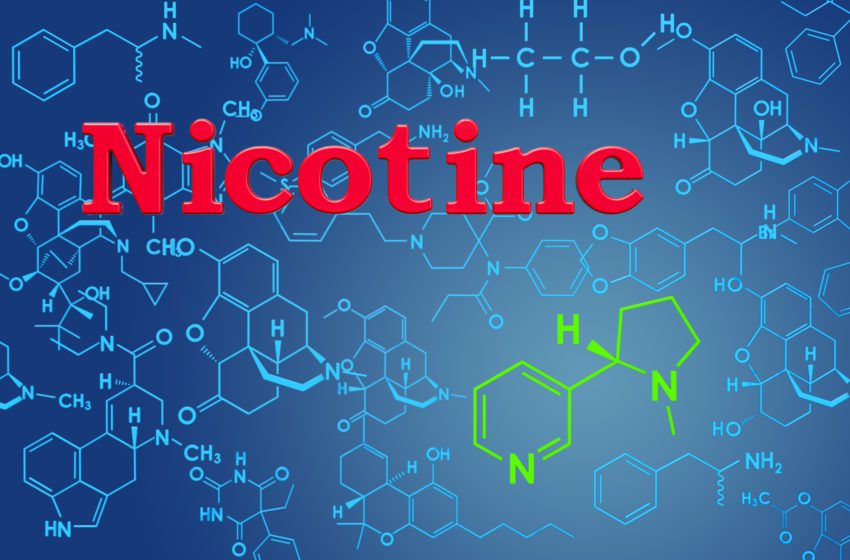
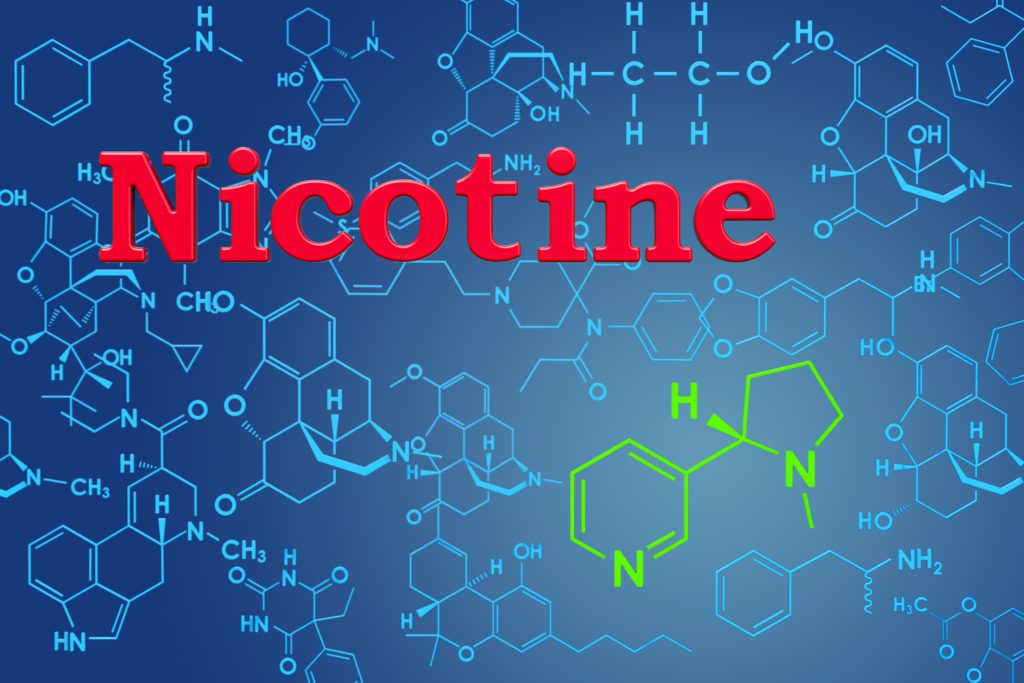



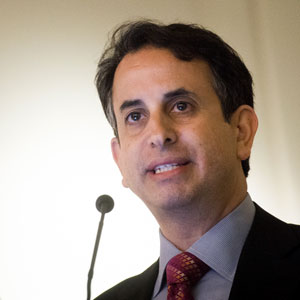

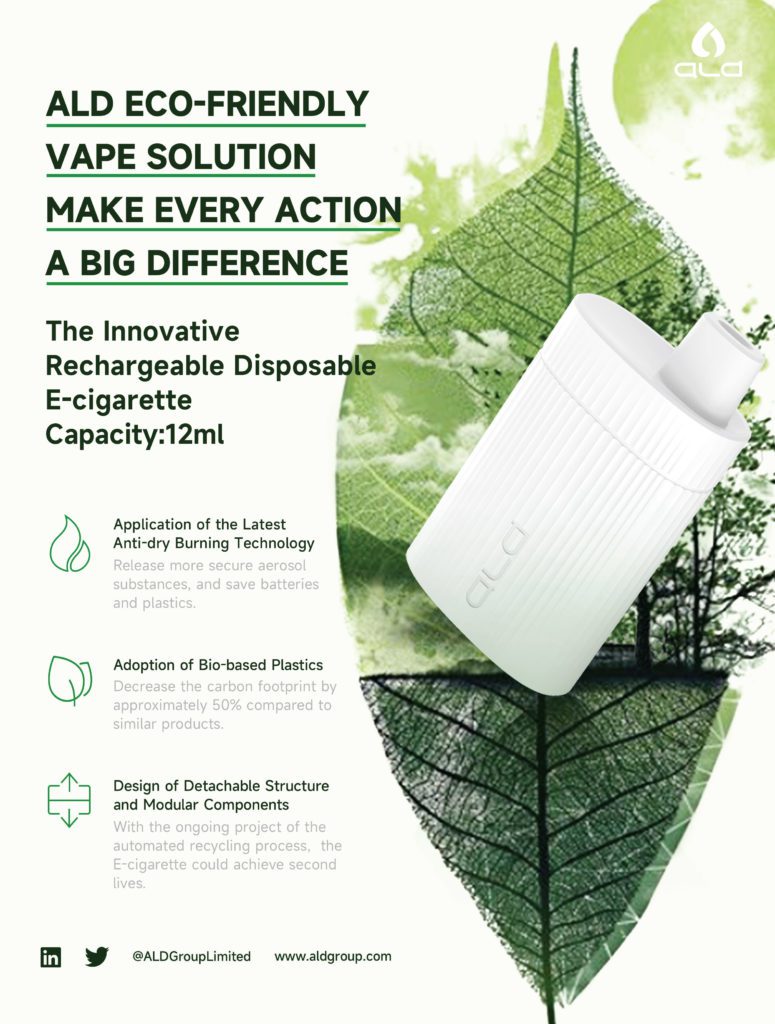
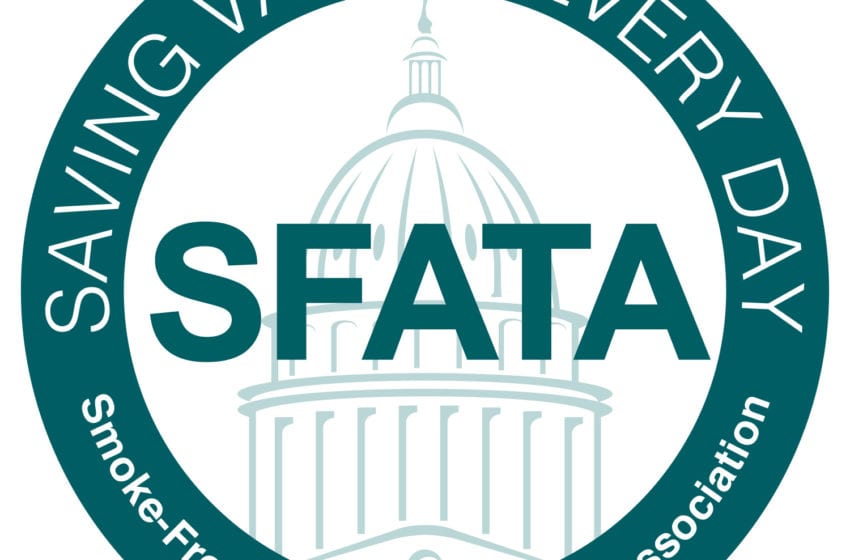
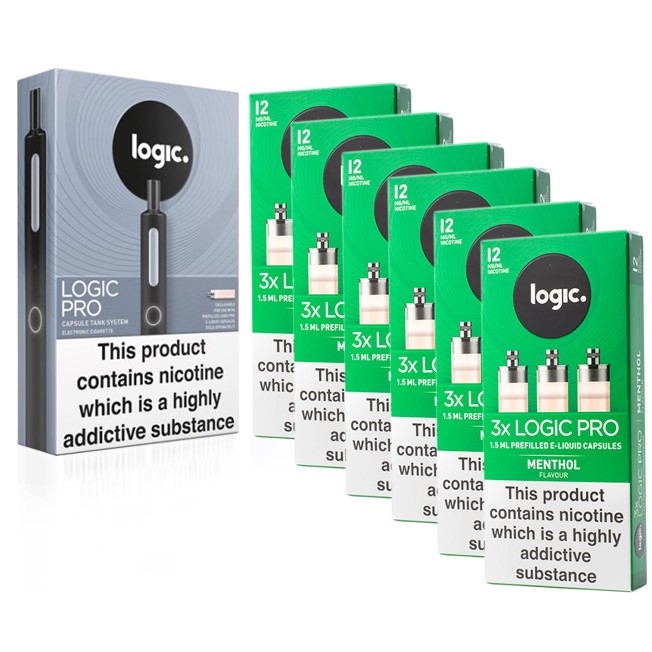
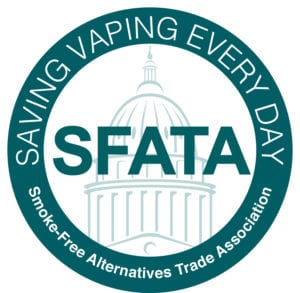 “Although we are not surprised to learn that Japan Tobacco Inc., brand owner of Logic, is now among the Big Tobacco companies with FDA market authorization, we certainly aren’t pleased with FDA’s consistent rejection of flavored products and will continue to apply pressure in that regard, as well as in the enforcement discretion arena – particularly for the manufacturers with products still in review that participate in our Responsible Industry Network program,” said April Meyers, CEO of the Smoke-Free Alternatives Trade Association (SFATA). “As the nation’s leading regulatory body, the agency appears to be cherry-picking what science it utilizes for decision making. That FDA cited the recent NYTS data but failed to acknowledge the steep decline in youth use while coining the low rates an “epidemic”, makes its rejection of flavored products today seem more an act of fear over what might happen than a decision based on scientific evidence. This is disappointing, at best, but again, not surprising.”
“Although we are not surprised to learn that Japan Tobacco Inc., brand owner of Logic, is now among the Big Tobacco companies with FDA market authorization, we certainly aren’t pleased with FDA’s consistent rejection of flavored products and will continue to apply pressure in that regard, as well as in the enforcement discretion arena – particularly for the manufacturers with products still in review that participate in our Responsible Industry Network program,” said April Meyers, CEO of the Smoke-Free Alternatives Trade Association (SFATA). “As the nation’s leading regulatory body, the agency appears to be cherry-picking what science it utilizes for decision making. That FDA cited the recent NYTS data but failed to acknowledge the steep decline in youth use while coining the low rates an “epidemic”, makes its rejection of flavored products today seem more an act of fear over what might happen than a decision based on scientific evidence. This is disappointing, at best, but again, not surprising.”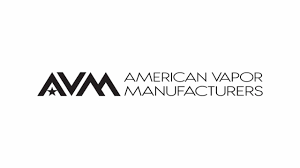 “People forget that in the story, Dr. Jekyll was a benevolent physician in a lab coat who only wanted to help people. But tomorrow morning, (FDA Commissioner) Robert Califf and (director of the FDA’s Center of Tobacco Products) Mitch Zeller will transform back into their Mr. Hyde alter-egos and resume their hellbent mission to sabotage the single-most effective smoking cessation device ever devised,” said Wheeler. “Well, the American people are watching and I for one am not going to stand by and let them get away with it. So, here’s my own announcement for today: FDA and CDC have my approval to stop deceiving the American public about the safety and efficacy of nicotine vaping.”
“People forget that in the story, Dr. Jekyll was a benevolent physician in a lab coat who only wanted to help people. But tomorrow morning, (FDA Commissioner) Robert Califf and (director of the FDA’s Center of Tobacco Products) Mitch Zeller will transform back into their Mr. Hyde alter-egos and resume their hellbent mission to sabotage the single-most effective smoking cessation device ever devised,” said Wheeler. “Well, the American people are watching and I for one am not going to stand by and let them get away with it. So, here’s my own announcement for today: FDA and CDC have my approval to stop deceiving the American public about the safety and efficacy of nicotine vaping.”